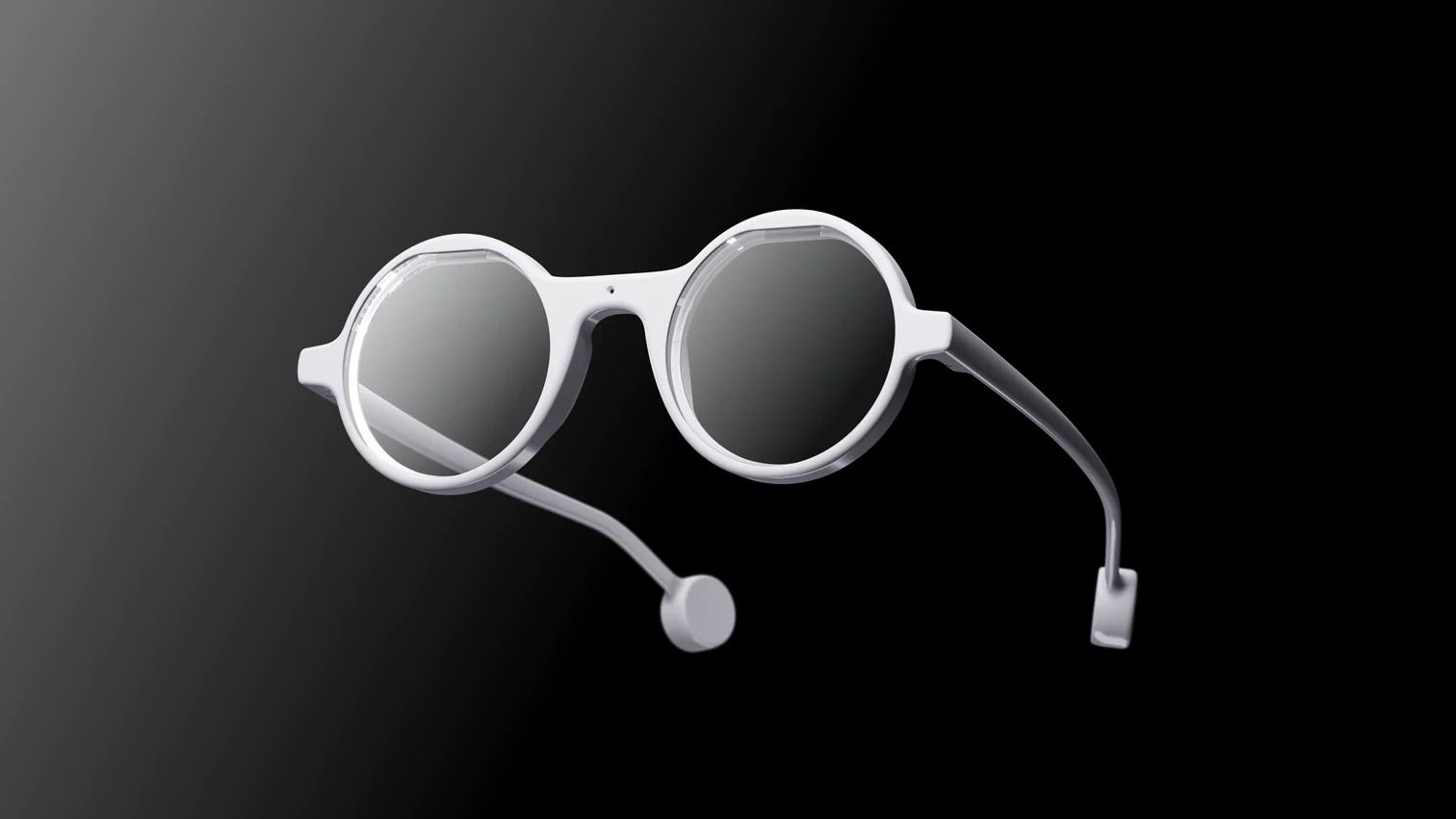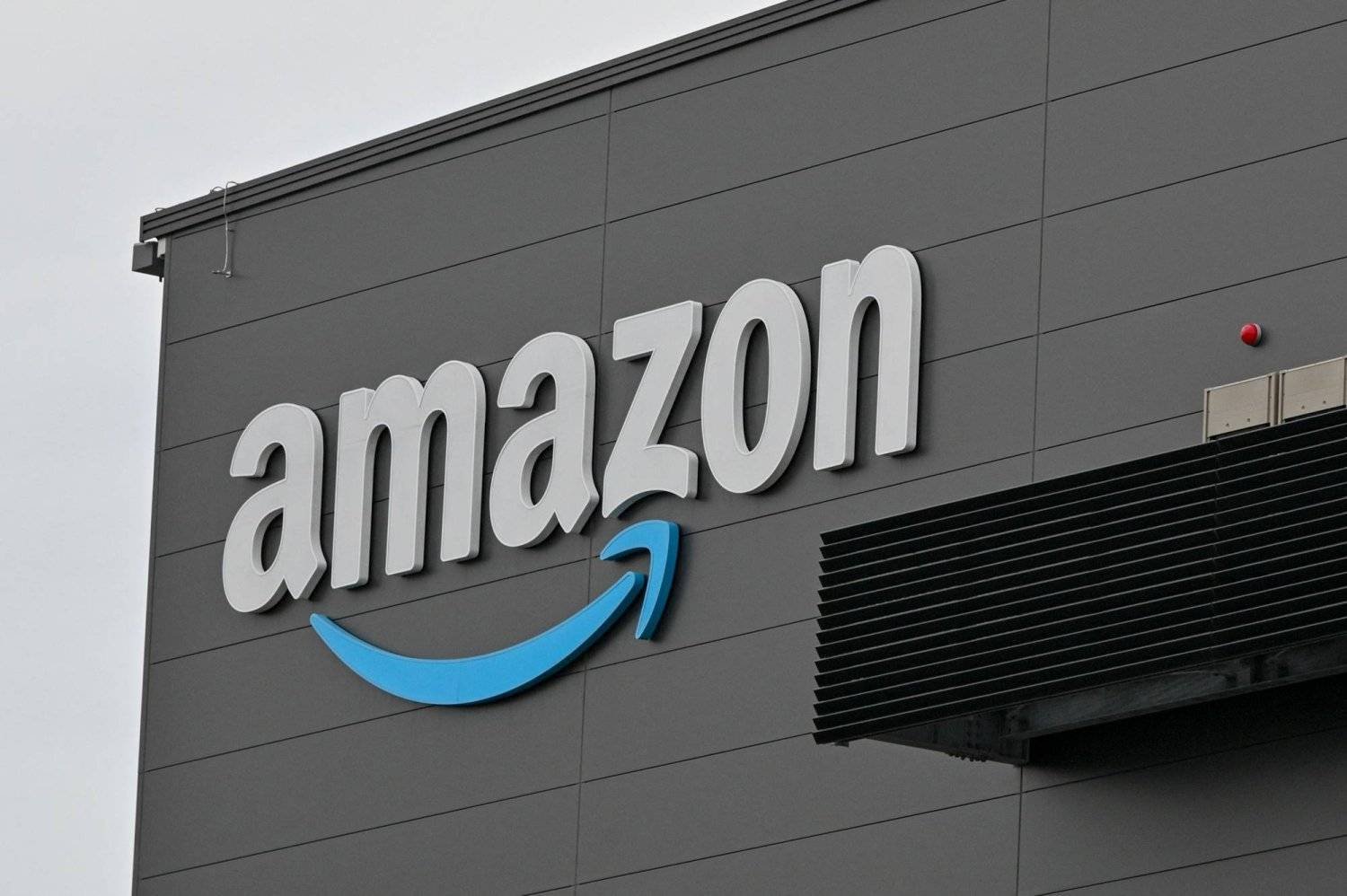Apple, the tech giant renowned for its secrecy, has embarked on a surprising initiative: asking its employees for feedback on its upcoming AR goggles. This unusual move, codenamed “Atlas,” signals a significant shift in Apple’s approach to product development and highlights the company’s commitment to understanding user needs before releasing a product. But why is this such a big deal, and what does it say about Apple’s leadership?
In the world of tech, where innovation is paramount, Apple has always been a leader. From the Macintosh to the iPhone, Apple’s products have consistently disrupted the market and redefined user experiences. But even giants stumble, and Apple’s recent forays into new product categories haven’t always been smooth sailing. Remember the Apple Watch’s lukewarm initial reception? Or the mixed reviews of the HomePod? These experiences likely played a role in Apple’s decision to adopt a more inclusive approach to developing its AR goggles.
Instead of relying solely on internal teams and secretive research, Apple is tapping into a valuable resource: its employees. By asking for feedback from a diverse group of individuals who represent a wide range of perspectives and use cases, Apple is gaining crucial insights into what potential customers might want from AR goggles. This approach not only helps Apple develop a product that better meets user needs but also fosters a sense of ownership and engagement among employees.
Here’s why Apple’s strategy is a masterclass in leadership:
- Humility: It takes humility to admit that you don’t have all the answers. By seeking feedback, Apple acknowledges that its employees can offer valuable perspectives that might not be apparent to the product development team.
- Employee Empowerment: Involving employees in the product development process empowers them to contribute to the company’s success. This fosters a sense of ownership and pride, leading to increased motivation and engagement.
- Customer-Centric Approach: By focusing on user needs and preferences, Apple is demonstrating its commitment to creating products that truly enhance people’s lives. This customer-centric approach is essential for long-term success in today’s competitive market.
- Risk Mitigation: Gathering feedback early in the development process allows Apple to identify potential issues and address them before the product launch. This reduces the risk of costly mistakes and ensures a smoother product launch.
But what exactly is Apple asking its employees?
According to reports, Apple is asking employees to try out existing AR/VR devices from competitors and provide feedback on their experiences. This includes evaluating the devices’ comfort, usability, and potential applications. Apple is also seeking input on specific features and functionalities that employees would like to see in its AR goggles.
This approach is reminiscent of how Apple gathered feedback for the Apple Watch. Before its launch, Apple distributed prototypes to select employees across different departments, including retail, marketing, and software engineering. This allowed Apple to gather diverse perspectives and fine-tune the product before its release.
The potential impact of Apple’s AR goggles is enormous.
Imagine a world where you can access information, communicate with others, and experience immersive entertainment, all through a lightweight pair of glasses. Apple’s AR goggles have the potential to revolutionize how we interact with technology and the world around us. By seeking feedback from its employees, Apple is increasing the likelihood that its AR goggles will be a game-changer.
This initiative is not just about developing a successful product; it’s about fostering a culture of collaboration, innovation, and customer focus. By involving employees in the product development process, Apple is creating a more engaged and motivated workforce, which will ultimately benefit the company in the long run.





